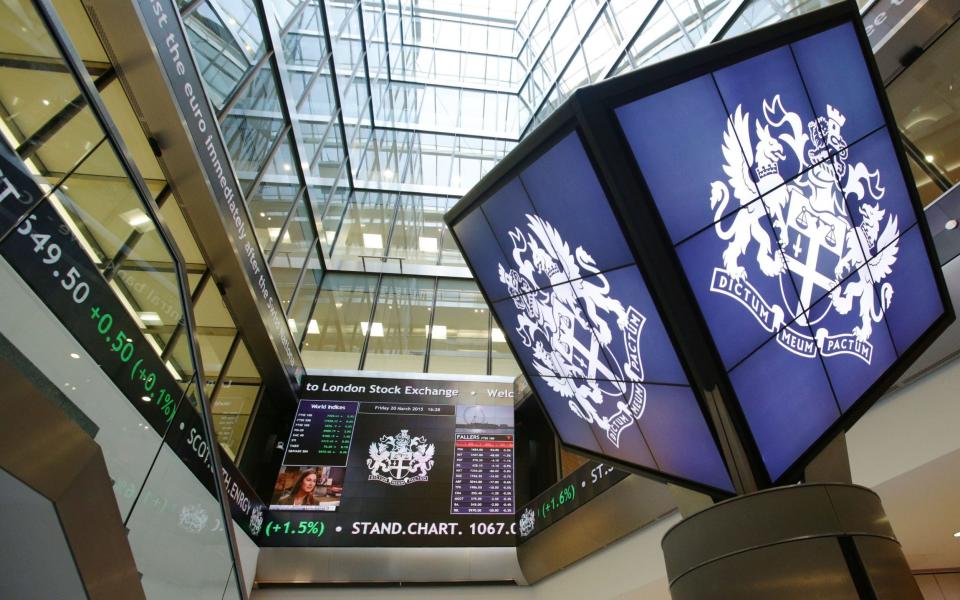British investors are selling shares faster than they did after Brexit

British investors pulled a record £1.9bn from stock market funds last month as anxiety among savers ramped up despite rising markets.
The amount withdrawn far exceeded what was taken out in July 2016, days after the Brexit referendum spooked investors and led to a sharp fall in the FTSE 100, Britain’s benchmark index.
Investors took £2bn out of funds in the first 17 days of August – seemingly taking profits as the British stocks rose 1.1pc, according to Calastone, a research firm. Markets dropped 3.4pc in the subsequent fortnight when investors sat on their hands, with a few brave savers adding £100m back into funds.
Savers have taken more than £4bn out of funds this year even though cash savings rates remain significantly below inflation. The consumer prices index measure of inflation hit 10.1pc in July, a 40-year high, and is expected to reach 13pc by the end of the year. Economists at the investment bank Goldman Sachs predicted it could almost double to 22pc by 2023 if energy costs continue to spiral.
Despite this, investors have retreated to cash and other safer investments. Money was taken out of all stock markets although Calastone said British funds were worst hit – shedding £759m last month. North American funds followed, enduring outflows of £426m.
“Green” funds, that exclude polluting stocks or target companies with strong environmental, social and governance records, bucked the trend and saw £95m of fresh money. However, there was evidence that interest was beginning to wane, as this was the lowest monthly figure in almost three years.
Savers put their money into bond funds, adding £820m to managers who specialised in fixed income. Investors typically turn to high-quality bonds when markets are volatile.
However Edward Glyn, of Calastone, warned that selling out of a bear market – when stocks are generally falling – often worked against investors’ interests, as it meant that they would lose out on returns during the recovery. “Attempting to time the market is often a bad idea, but this time UK investors may have played a blinder, jumping ship just as the bear rally peaked,” he said.
“Markets are absorbing the likelihood that inflation will be extremely pernicious and persistent meaning that interest rates will stay higher for longer than initially expected. The combination of a weaker economy and higher rates is very negative for share prices.”
The global stock market has lost 5pc of its value so far this year. The FTSE 100 has fared better, but was still down 3pc over the same period.

 Yahoo Finance
Yahoo Finance 